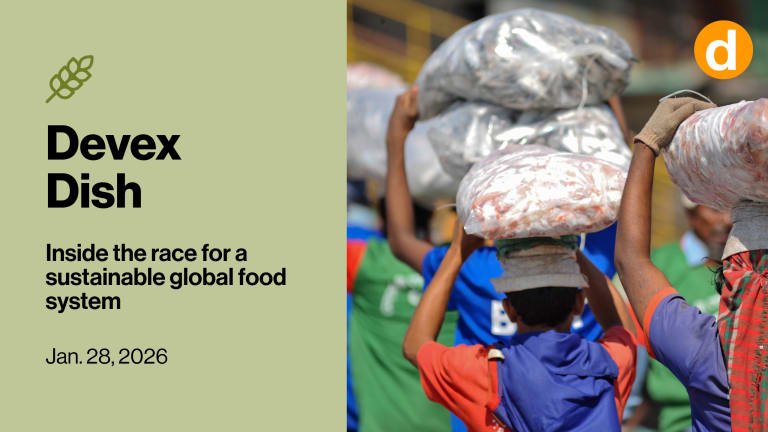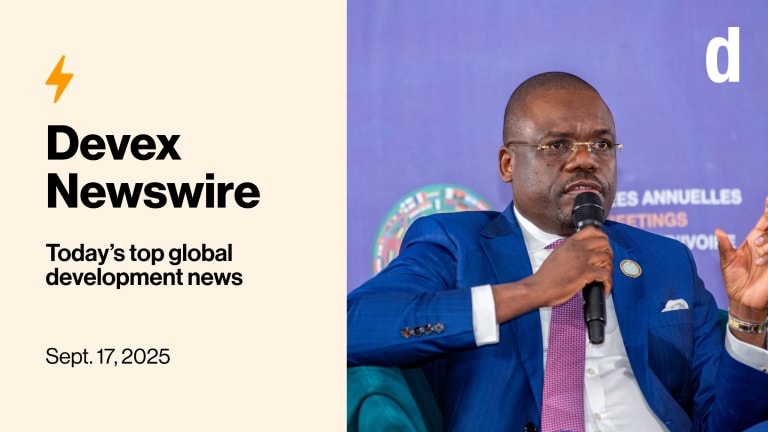Last week, stattos and data wonks descended on Cape Town for the first World Data Forum. They were there to formally inaugurate the “data revolution” that everyone acknowledges will be needed to track the world’s progress toward our Sustainable Development Goals.
Setting these indicators was a long and laborious task. (I was involved only tangentially, as manager of a team of advocates at Save the Children). At one point some hoped that, by some miracle, there might be fewer indicators than targets!
But it was not to be. We now have 230 indicators to track the 169 targets of the 17 goals.
Printing articles to share with others is a breach of our terms and conditions and copyright policy. Please use the sharing options on the left side of the article. Devex Pro members may share up to 10 articles per month using the Pro share tool ( ).








